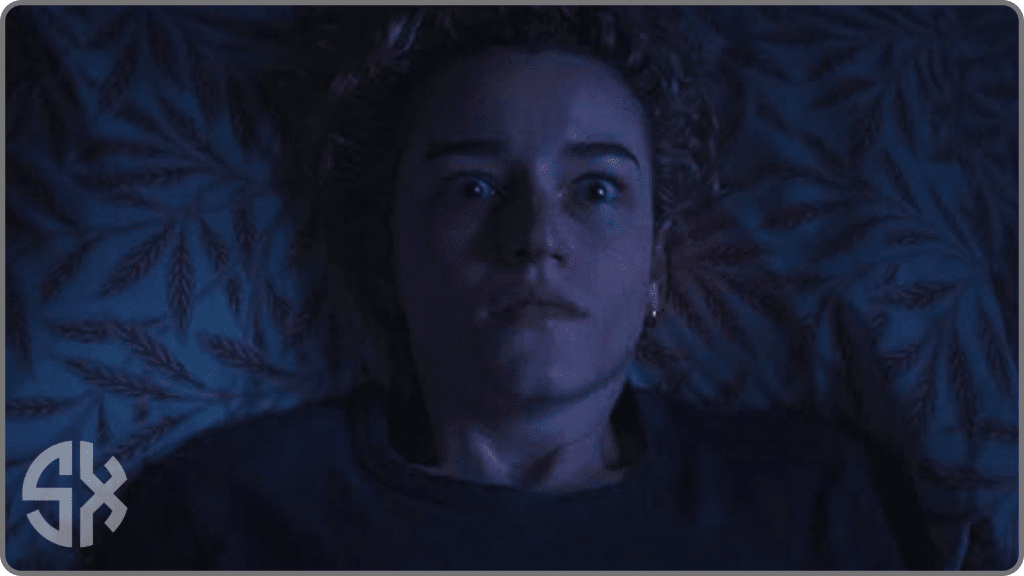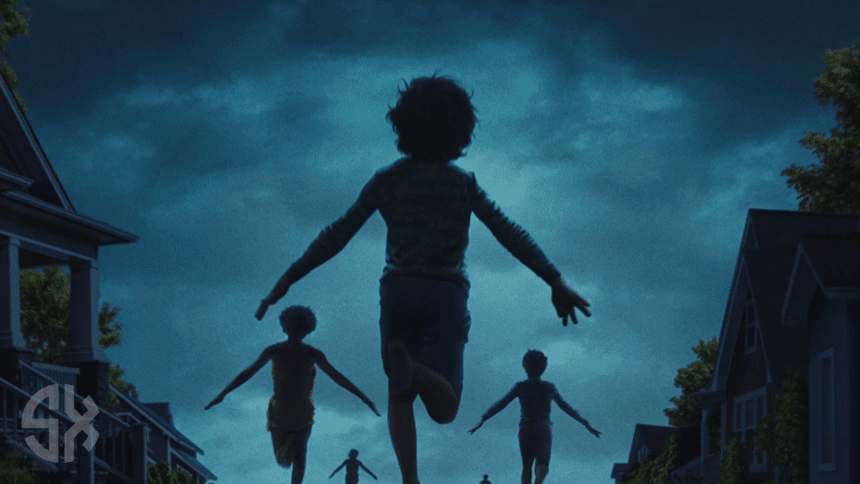Zach Cregger’s Weapons Movie delivers a bold punch to the horror genre, presenting a chilling narrative that blends raw emotion with timely social commentary. Known for surprising audiences with Barbarian, Cregger raises the stakes by exploring the terrifying aftermath of a classroom of children mysteriously vanishing from a suburban town. But this isn’t just a horror film. It’s a sharp dissection of how communities respond to trauma when systems fail and empathy runs dry.
The Weapons Movie (2025) Breaks Genre Limits with a Chilling Perspective
At the emotional center of the Weapons Movie is Julia Garner’s Justine Gandy, a teacher whose dedication is twisted into a target. While trying to process her grief, she becomes the scapegoat for an entire town looking for answers. Her performance grounds the story, highlighting how women in positions of care are often blamed when tragedy strikes. Josh Brolin’s Archer adds another layer to his character’s anger, masks unbearable guilt, creating one of the most compelling portrayals of grief in any recent horror film.
What sets Weapons Movie apart from typical horror films is its effective use of atmosphere. The suburban setting, so often romanticized, becomes the perfect backdrop for a slow descent into dread. It’s a place where everything looks “normal,” but nothing feels safe. That unease is amplified by subtle cinematography and a tense score. You’re not afraid of what’s behind the door; you’re so scared of what you already know is inside the house.
The film doesn’t follow a traditional narrative arc. Instead, it’s told through six overlapping character perspectives, much like Magnolia or Rashomon, revealing how different corners of a broken society react to collective horror. From Alden Ehrenreich’s troubled police officer to Benedict Wong’s passive school principal, every storyline contributes to a larger message: horror doesn’t appear out of nowhere. It festers in silence, in overlooked warning signs, and in our refusal to act.

This isn’t just another missing-children movie. Cregger uses the Weapons Movie as a mirror to American culture, confronting the gun epidemic, media sensationalism, and our obsession with blame. He doesn’t just ask who is responsible; he asks why we continue to ignore the signs. For readers who enjoyed the subversive storytelling of Get Out or Prisoners, this is a must-see. It’s horror with a purpose.
With exceptional performances, especially by Julia Garner, and storytelling that refuses to let the audience breathe easy, the Weapons Movie is not just a cinematic event. It’s a necessary conversation. Cregger proves once again that true terror isn’t found in shadows. It’s found in silence, complicity, and our inability to protect what matters most.





